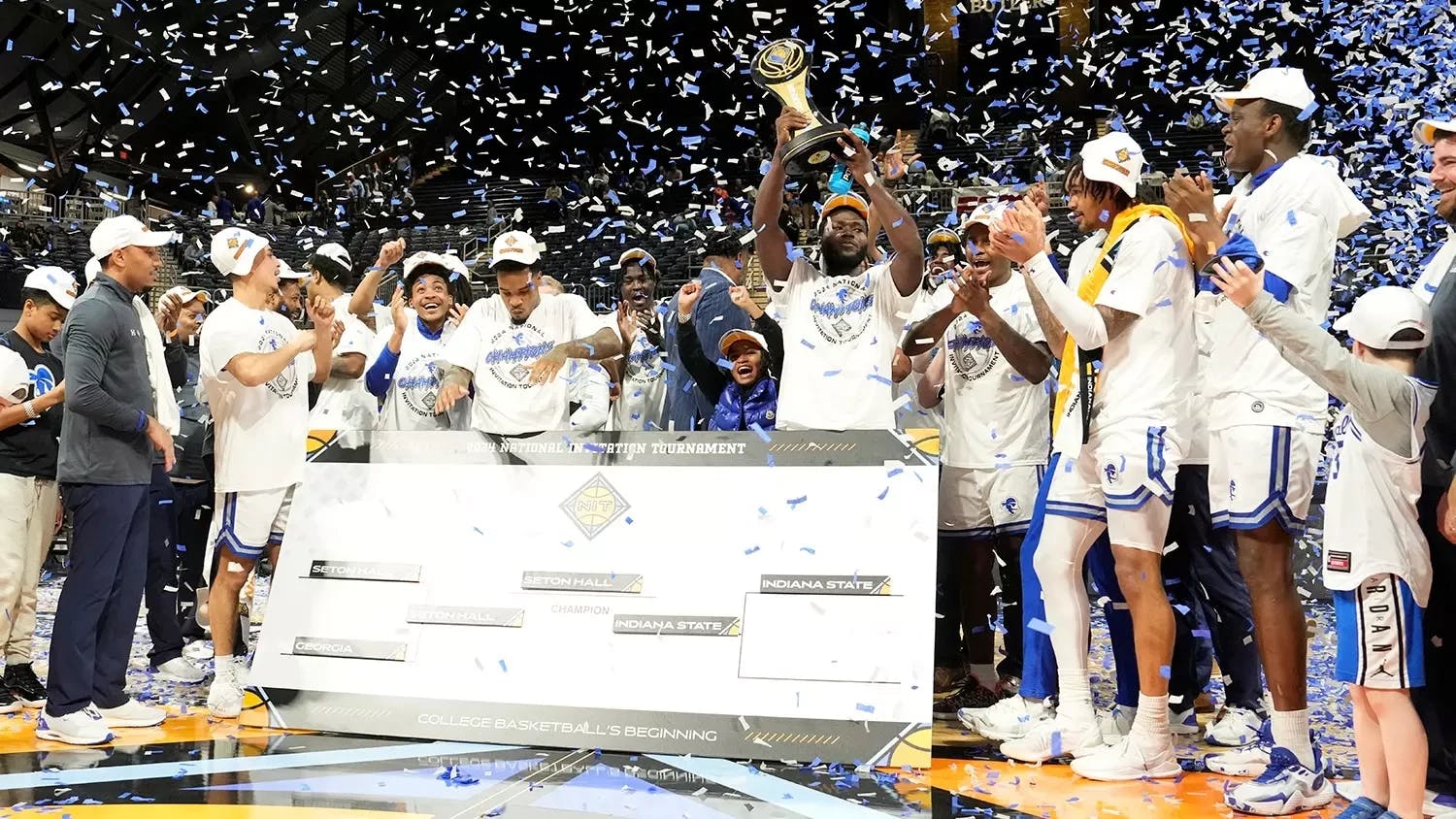In today’s industry, analytics are becoming more prominent in the foundation of multiple occupations. According to LinkedIn, there are six times more Data Scientists and five times more Big Data Developer open positions than there were five years ago. In a report by IBM, the company expects Data Scientists jobs to rise 28 percent by 2020. Analytics are clearly high in demand, except for in Major League Baseball. America’s pastime, which began in 1869, still cannot decide whether it wants to evolve or not. Although, as a game that did not decide that replay was more valuable than the naked eye until 2014, this may not come as a surprise. Baseball professionals must come to the realization that the implementation of analytics within the sport will revolutionize the game. No more ‘going by the book’ or ‘a trained eye will tell you everything,’ because beneath ‘everything’ that is going on, statistics will tell the story of why it is happening. Baseball analytics, otherwise known as Sabermetrics, may have headache-inducing calculations and obtuse abbreviations, but the statistics provide a certain value that a player can bring to the table. For example, wRC+, also known as ‘weighted runs created’, measures a player’s offensive ability compared to all other position players in the league. The statistic accounts for each offensive plate appearance differently, weighing this to how many runs the player brings to his team. It gives a complete overview of how a player performs with his bat, instead of determining how good a player is solely by looking at his RBI total, a simple statistic that can be completely inflated due to how lucky a batter is to have people get on base before him. The application of analytics has led to teams reaching the pinnacle of baseball success. According to baseball writer Keith Law, the Los Angeles Dodgers, who have appeared in the last two World Series, have the largest analytical department in baseball, and the Houston Astros, who won the 2017 World Series, are the most aggressive team in using Sabermetrics. The Astros are so dedicated to Sabermetrics that the franchise even has a former NASA scientist as the head decision maker in the analytic department according to the Boston Globe. Analytics have been key in the World Series this year as well. This past Sunday, the Boston Red Sox won the World Series, accomplishing the feat after having the best regular season record at 108-54. The Red Sox, rightfully, are a team built on analytics. In the team’s Baseball Operations department, the senior advisor, Bill James, was the person who created Sabermetrics. Boston’s manager, Alex Cora, was the bench coach of Houston when it won in 2017. Cora, coming from a heavily invested data team, brought over analytics to an already established Sabermetrics franchise, understanding that he is a cornerstone in translating the statistics to players. In a press conference before the season, Cora mentioned that “We have to understand that there’s a lot of money invested in the analytical department. When they invest money in this, as coaches you have to embrace the information.” The case for going against baseball analytics has no backing. The results have proven that adhering to advanced analytics will improve a team. The concept of Sabermetrics clearly gives teams untapped knowledge that has never been thought of before. At the end of the day, analytics are not ruining the game people know and love, they are actually running it. Robert Fallo can be reached at robert.fallo@student.shu.edu or on Twitter @robert_fallo.

Comments




